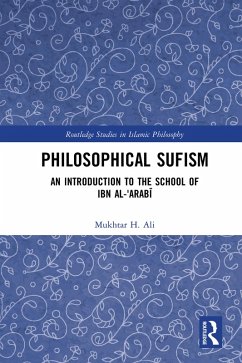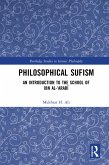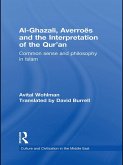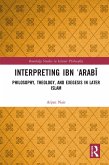While philosophy uses deductive reasoning to discover the fundamental nature of existence and Sufism relies on spiritual experience, it was not until the school of Ibn al-¿Arabi that philosophy and Sufism converged into a single framework by elaborating spiritual doctrines in precise philosophical language. Contextualizing the historical development of Ibn al-¿Arabi's school, the work draws from the earliest commentators of Ibn al-¿Arabi's oeuvre, ¿adr al-Din al-Qunawi (d. 673/1274), ¿Abd al-Razzaq al-Kashani (d. ca. 730/1330) and Dawud al-Qay¿ari (d. 751/1350), but also draws from the medieval heirs of his doctrines Sayyid ¿aydar Amuli (d. 787/1385), the pivotal intellectual and mystical figure of Persia who recast philosophical Sufism within the framework of Twelver Shi¿ism and ¿Abd al-Räman Jami (d. 898/1492), the key figure in the dissemination of Ibn al-¿Arabi's ideas in the Persianate world as well as the Ottoman Empire, India, China and East Asia via Central Asia.
Lucidly written and comprehensive in scope, with careful treatments of the key authors, Philosophical Sufism is a highly accessible introductory text for students and researchers interested in Islam, philosophy, religion and the Middle East.
Dieser Download kann aus rechtlichen Gründen nur mit Rechnungsadresse in A, B, BG, CY, CZ, D, DK, EW, E, FIN, F, GR, HR, H, IRL, I, LT, L, LR, M, NL, PL, P, R, S, SLO, SK ausgeliefert werden.









